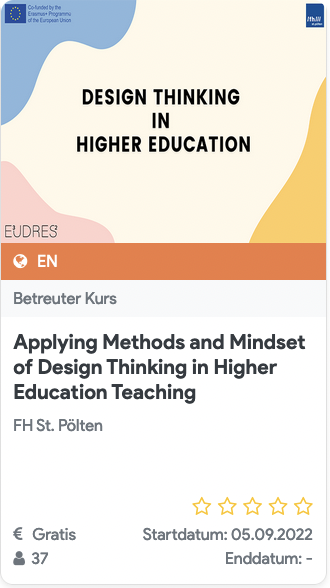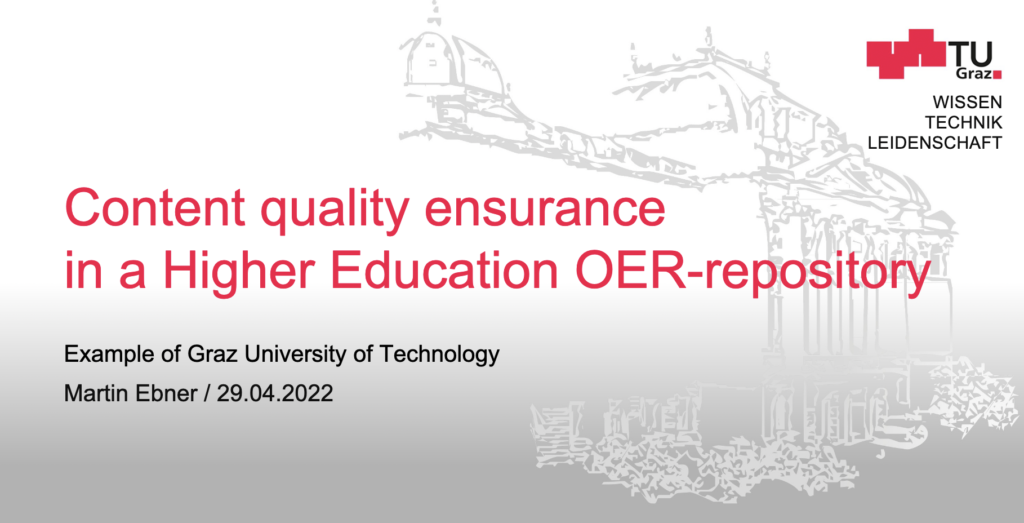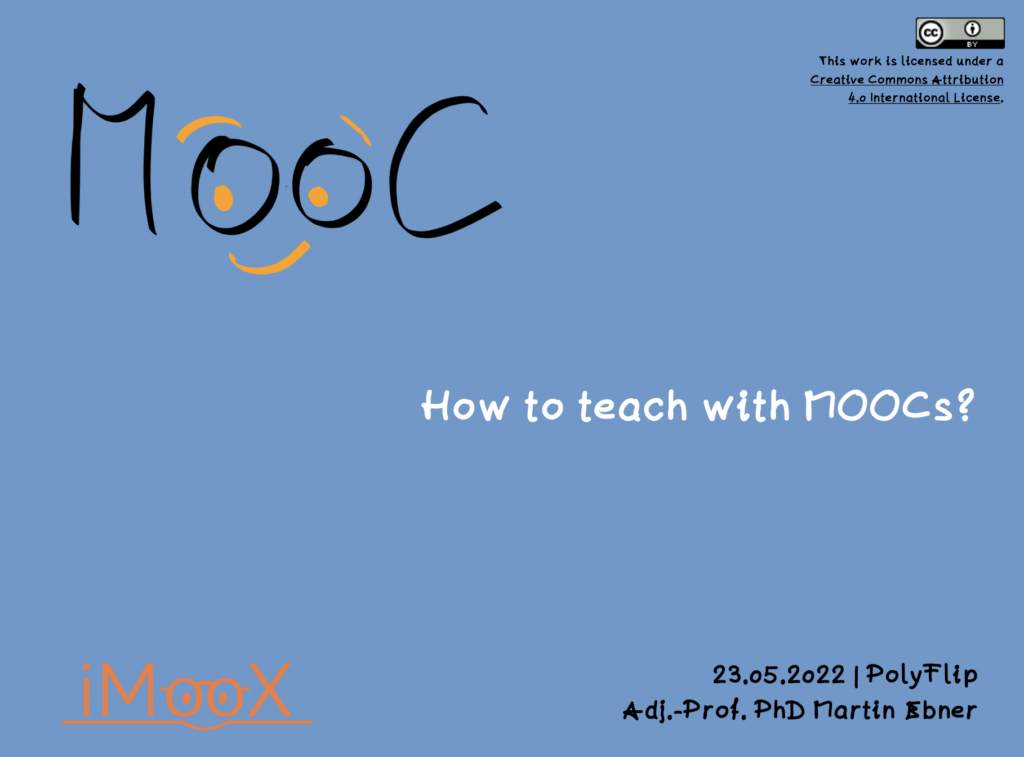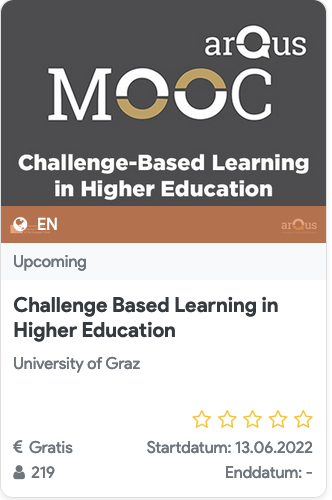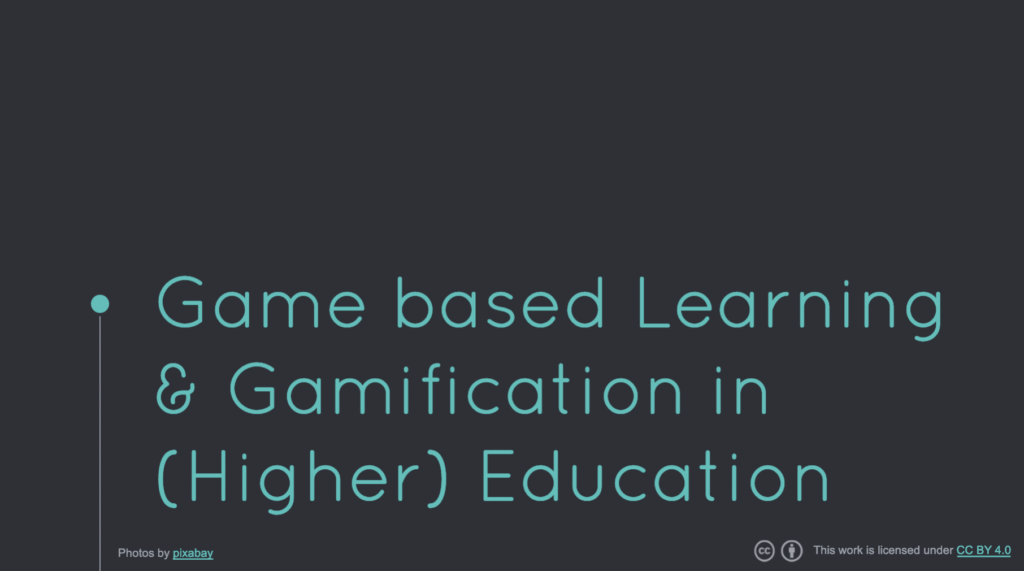The exciting MOOC about „Applying Methods and Mindset of Design Thinking in Higher Education Teaching“ startet at iMooX.at a couple of days ago:
This English-language MOOC is aimed at people who want to apply the basic principles, methods and mindset of design thinking in various educational settings. It is aimed at university teachers and researchers from all disciplines as well as people working in various areas of adult education, vocational training and internal training in institutions or companies.
The MOOC will first provide an introduction to the methodology as well as an overview of what is important when applying it in different educational settings. Then the participants are invited to follow the steps Empathize, Define, Ideate and Iterate based on background information about them and to implement them themselves. A variety of methods that can be used in dialogue with learners will also be introduced.
In total, you will spend a maximum of 25 hours (1 ECTS), with the focus on doing it yourself, experiencing the Design Thinking approach in educational settings.
The participation is – as usual – completly free: [Regristration for the free online-course]

